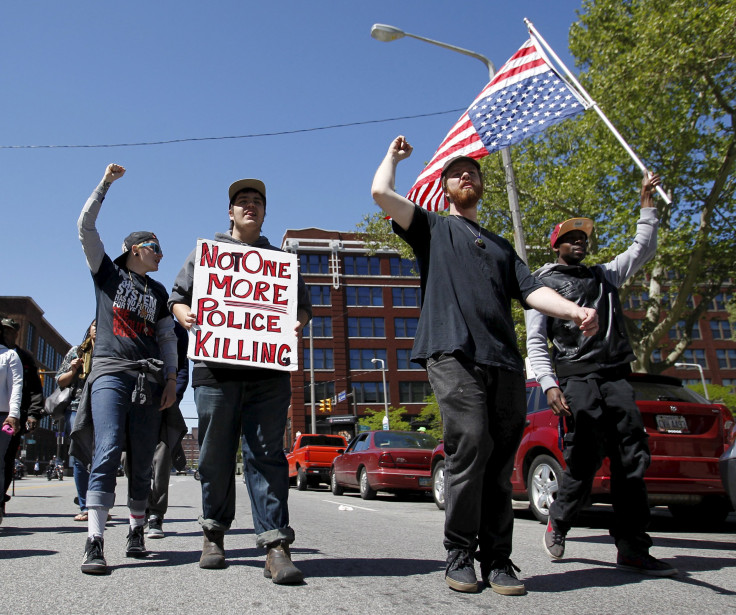Cleveland, Justice Department Reach Settlement Over Police Department's Tactics, Avoid Court Battle

The city of Cleveland and the U.S. Justice Department have reached a settlement over police tactics that the federal government deemed to be unconstitutional, the New York Times reported Monday, citing people who had been briefed on the case. The details of the settlement, which could be announced as early as Tuesday, remain unclear.
The deal comes two days after a judge determined that Michael Brelo, a Cleveland police officer who killed an African-American couple, Timothy Russell and Malissa Williams, in November 2012 after firing more than 100 shots into their car, was not guilty of manslaughter. Although 13 officers were involved in the shooting, only Brelo was charged; he was the sole officer to jump on the hood of the car and fire directly at the couple, who were hit more than 20 times.
Last December, the Justice Department determined that the Cleveland Division of Police consistently used excessive, even lethal force -- including stun guns and chemical sprays -- and posed a danger to the very people it was supposed to protect, including mentally ill individuals and children. The month before the report was issued, a Cleveland policeman shot and killed a 12-year-old black boy, Tamir Rice, who was playing with a toy gun.
"We saw too many incidents in which officers accidentally shot someone either because they fired their guns accidentally or because they shot the wrong person," the report by the Justice Department said. As a result of the report, Cleveland Mayor Frank Jackson agreed to new equipment and training for Cleveland's police force.
By settling with the Justice Department, Cleveland can avoid the expense and the bad publicity of going to court, the Times' report noted. Previously, in similar deals with U.S. cities, police departments have been put under independent oversight as they implement changes regarding police training and policies over the use of force.
© Copyright IBTimes 2024. All rights reserved.





















